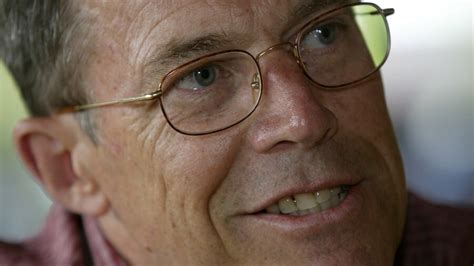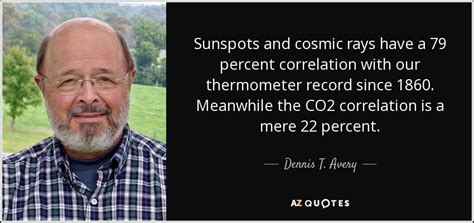Top 175 CO2 Quotes & Sayings - Page 2
Explore popular CO2 quotes.
Last updated on April 15, 2025.
Prime Minister Cameron says he wants to be the greenest government ever, but the definition of green is immature... I don't deny for a moment that CO2 is a greenhouse gas, but there are so many other factors that affect climate. It is more complicated than the computer models that we are using. What the truth is, nobody knows.
















































